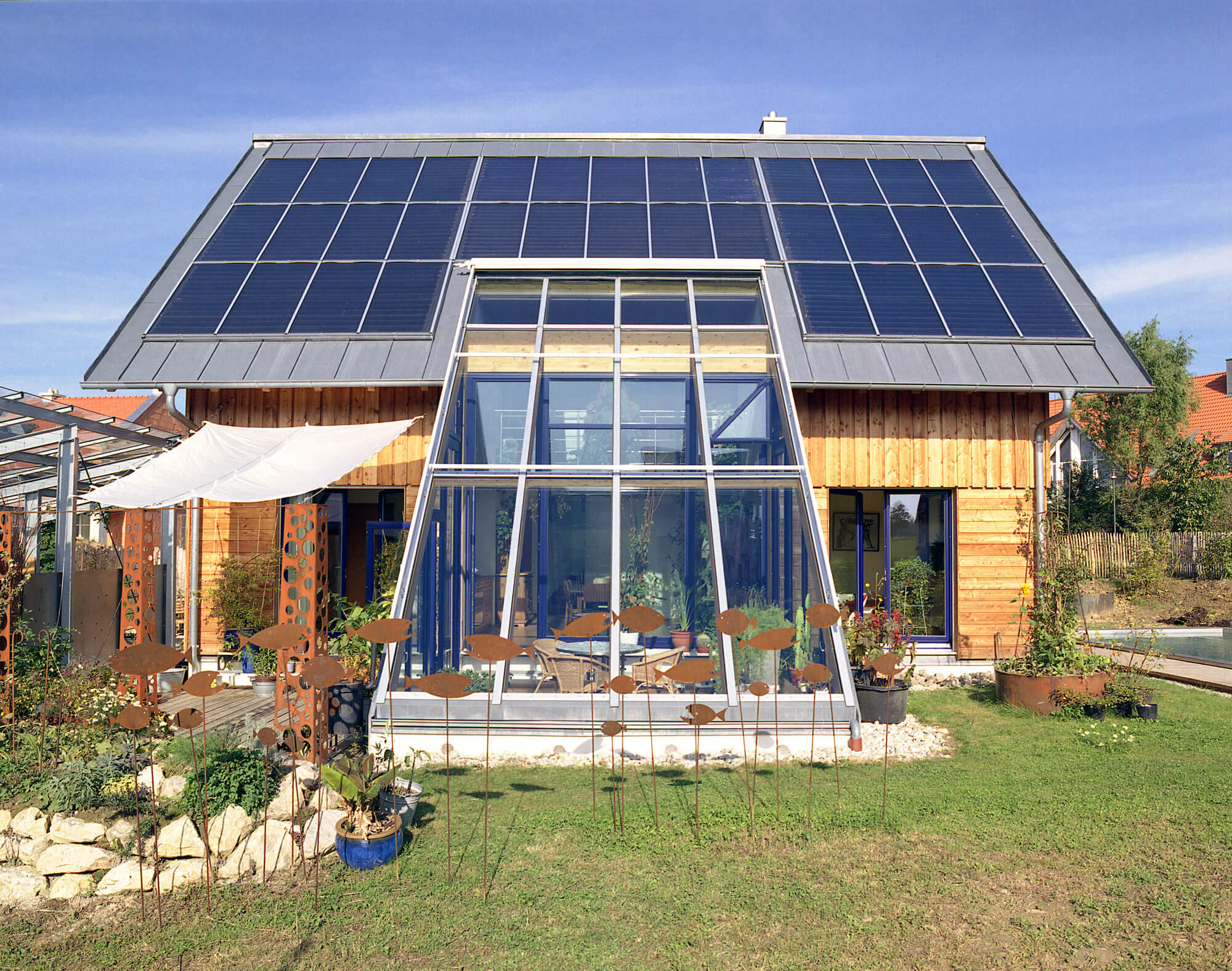In the topic "Solar Thermal: Systems and Components", we examine low-temperature solar thermal systems and components with heat transfer media such as water or air as well as heat pipe concepts. The systems support both the provision of domestic hot water and space heating, whereby efficient integration into the overall heating system is particularly important.
Intelligent control algorithms play just as important a role here as components whose hydraulic properties are optimized for the relevant system integration. Furthermore, optics for directing and concentrating radiation and the modification of optical material properties through surface technology are being worked on. Combined photovoltaic-thermal (PVT) collectors allow us to generate electricity and heat simultaneously on one and the same surface. We are working on façade and roof-integrated solutions that offer sensible architectural options for integrating solar thermal energy into the building envelope and using it in a multifunctional way. We are also working on new manufacturing processes, materials and the final installation processes for solar thermal energy. New cost-cutting approaches, both methodically and in terms of design optimization, enable solar thermal energy to become even more economically attractive.
We characterize components in accredited test laboratories as a basis for certification and create the foundations for standardization. Functional and service life testing as well as monitoring campaigns in the field are also important components of our quality assurance activities.
We have in-depth expertise in materials science, component design, characterization and testing methods, theoretical modelling and simulation, system control and system development. Extensive experience in a wide range of applications rounds off our profile.
